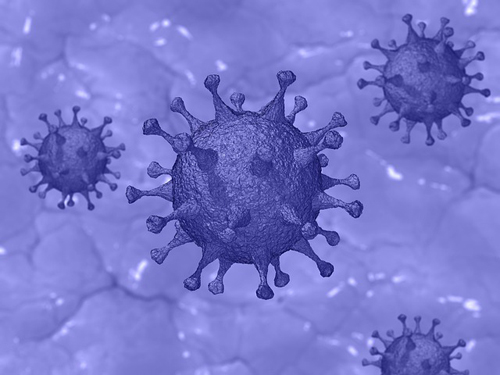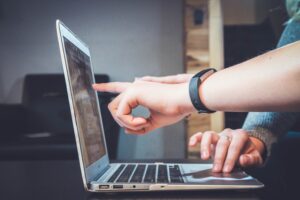In November of 2019, I was working for one of our clients in WuXi City, Jiangsu province when the global pandemic that became COVID-19 caught fire in Wuhan, China. Having a career that, at times, allows me to experience viral outbreaks up close, I knew this was not a momentary occurrence. And yet the global response was slow, at best.
Fast forward to January of 2020, when the horses were clearly “out of the barn” on COVID-19. I live in the Seattle area, and long-time colleagues at the University of Washington who sought to address the lagging availability of testing for the US population asked for my assistance in closing that gap. Most of the available laboratory tests for COVID-19, including the CDC kit, operate using a real-time reverse transcriptase polymerase chain reaction (RT-PCR) process on test samples from respiratory tract or serum from patients who meet the clinical criteria. RT-PCR is so sensitive in generating a successful result that it can work against you by creating false positives—and this is particularly true with this novel coronavirus.
The University of Washington stepped up in a way no one else has, so far. My hat is off and my heart is full with the effort that Dr. Alex Greninger’s crew put in to bring a desperately-needed, high-throughput test to the population. The laboratory test for COVID-19 developed by Dr. Greninger’s lab was cleared by FDA, and the university began offering the test to the public on Monday, March 2nd. This story was reported on March 5th by KUOW, the NPR affiliate in Seattle, in the link below.
https://www.kuow.org/stories/uw-lab-starts-using-its-own-test-for-coronavirus
My contribution to this effort makes me smile, but also reminds me how important it is to share knowledge in a situation like this. Otherwise, it’s simply useless knowledge.
Bryan Monroe
Senior Consultant
Chamow & Associates, Inc.




